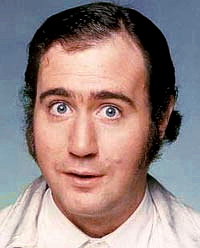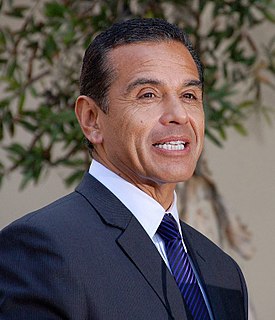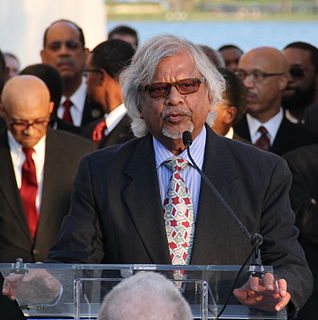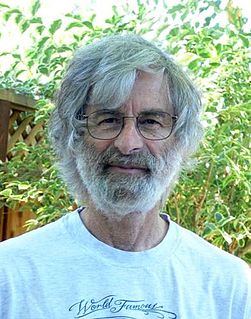A Quote by Joshua Greene
We now have a better biological and psychological understanding of our moral thinking. The idea that we should do what maximizes happiness sounds very reasonable, but it often conflicts with our gut reactions. Philosophers have spent the last century or so finding examples where our intuition runs counter to this idea and have taken these as signals that something is wrong with this philosophy. But when you look at the psychology behind those examples, they become less compelling. An alternative is that our gut reactions are not always reliable.
Quote Topics
Alternative
Always
Become
Behind
Better
Biological
Century
Compelling
Conflicts
Counter
Examples
Finding
Gut
Happiness
Idea
Intuition
Last
Less
Look
Moral
Now
Often
Our
Philosophy
Psychological
Psychology
Reactions
Reasonable
Reliable
Runs
Should
Signals
Something
Sounds
Spent
Taken
Thinking
Those
Understanding
Very
Wrong
Related Quotes
We begin to change the dynamic of our relationships as we are able to share our reactions to others without holding them responsible for causing our feelings, and without blaming ourselves for the reactions that other people have in response to our choices & actions. We are responsible for our own behavior and we are not responsible for other people's reactions; nor are they responsible for ours.
It is possible to be honest every day. It is possible to live so that others can trust us-can trust our words, our motives, and our actions. Our examples are vital to those who sit at our feet as well as those who watch from a distance. Our own constant self-improvement will become as a polar star to those within our individual spheres of influence. They will remember longer what they saw in us than what they heard from us. Our attitude, our point of view, can make a tremendous difference.
Satyagraha is the pursuit of truth. My grandfather believed that truth should be the cornerstone of everybody's life and that we must dedicate our lives to pursuing truth, to finding out the truth in our lives. And so his entire philosophy was the philosophy of life. It was not just a philosophy for conflict resolution, but something that we have to imbibe in our life and live it all the time so that we can improve and become better human beings.
Science attacks our most cherished opinions. Opinions which come straight from our collective gut. Oh, wait, according to gastroenterologists, the only thing that comes from the gut is waste left from the digestion of food. That’s right, “waste.” I guess that means that scientists literally think our opinions should be flushed down the toilet!
Philosophy can add to our happiness in no other manner but by diminishing our misery; it should not pretend to increase our present stock, but make us economists of what we are possessed of. Happy were we all born philosophers; all born with a talent of thus dissipating our own cares by spreading them upon all mankind.
Decision-making is difficult because, by its nature, it involves uncertainty. If there was no uncertainty, decisions would be easy! The uncertainty exists because we don't know the future, we don't know if the decision we make will lead to the best possible outcome. Cognitive science has taught us that relying on our gut or intuition often leads to bad decisions, particularly in cases where statistical information is available. Our guts and our brains didn't evolve to deal with probabilistic thinking.
Most people would say they live with an internal angst that they can't always put their finger on. This is because the Internet has changed our very way of being in this world, compelling us to be perpetually "on" - from our cars to our computers, our tablets to our smartphones, our desks to our living rooms or dining tables, our churches to our libraries to our schools.
There is a race between the increasing complexity of the systems we build and our ability to develop intellectual tools for understanding their complexity. If the race is won by our tools, then systems will eventually become easier to use and more reliable. If not, they will continue to become harder to use and less reliable for all but a relatively small set of common tasks. Given how hard thinking is, if those intellectual tools are to succeed, they will have to substitute calculation for thought.






































